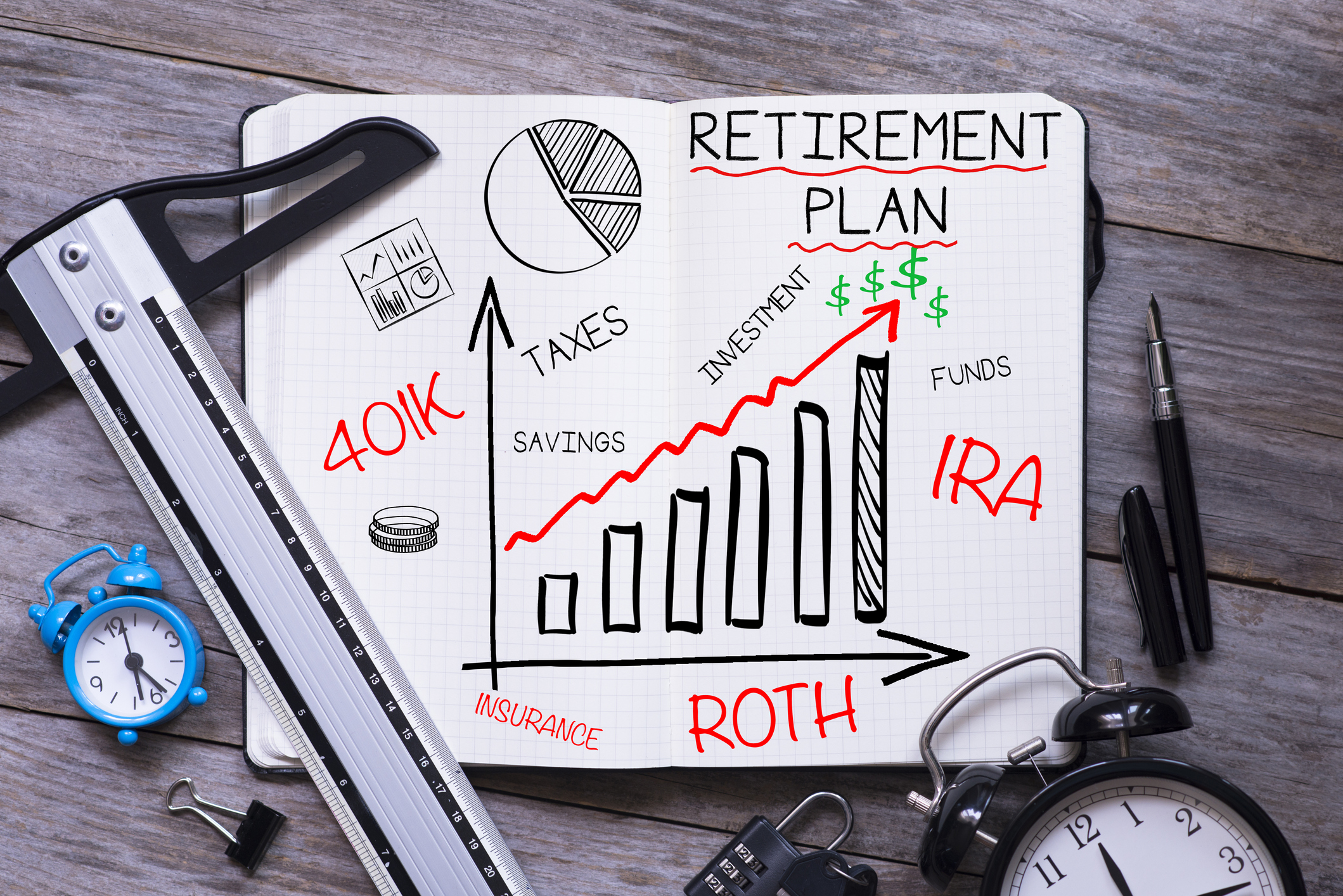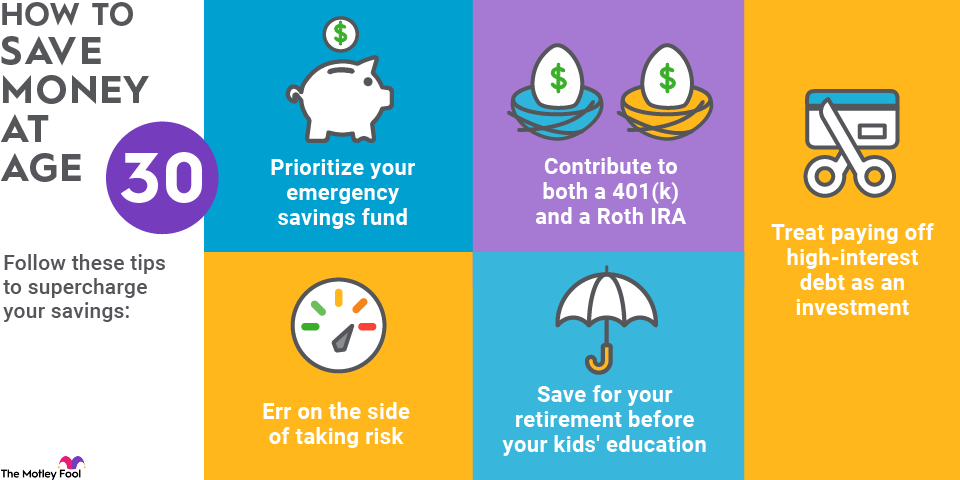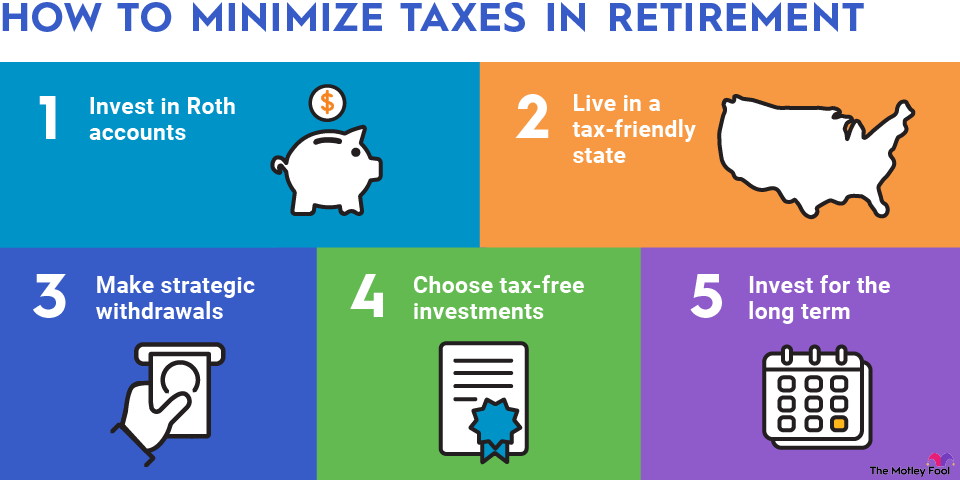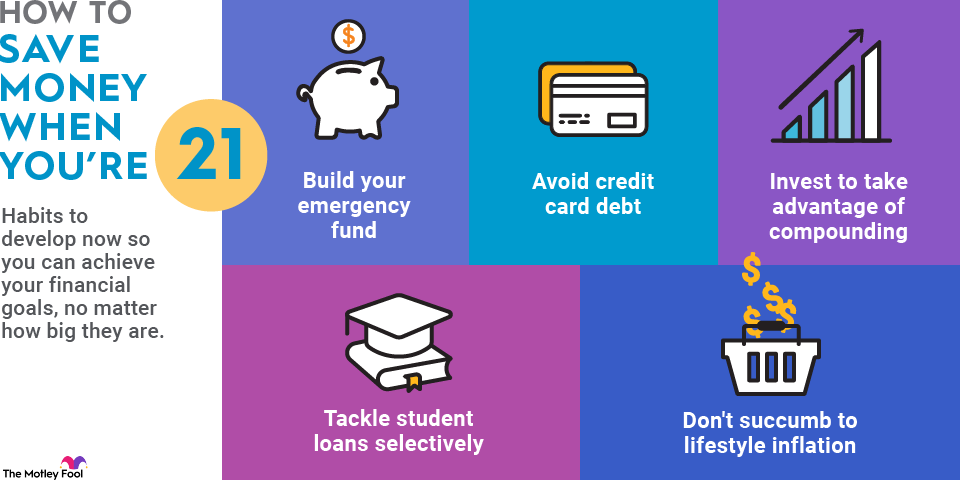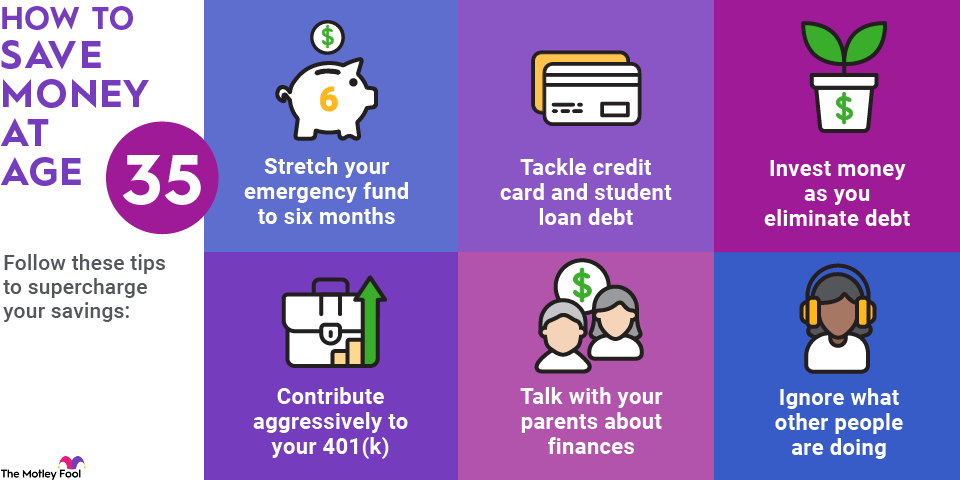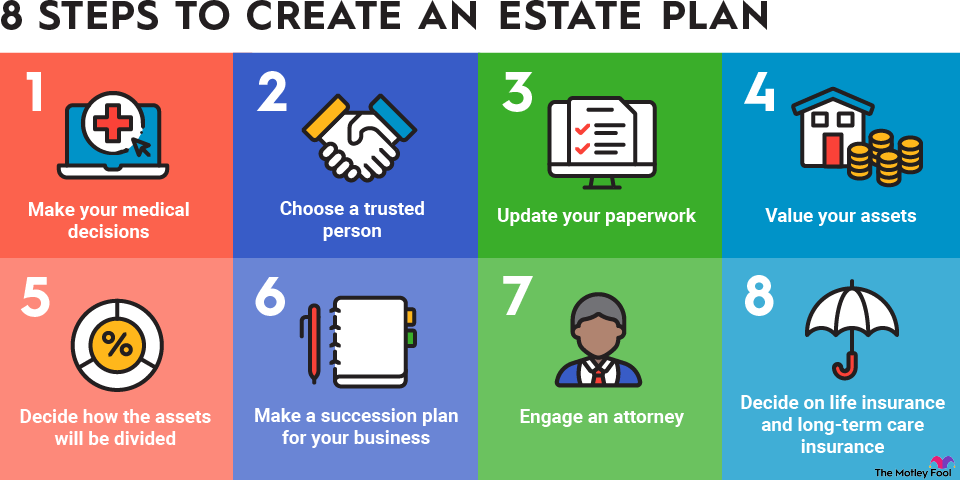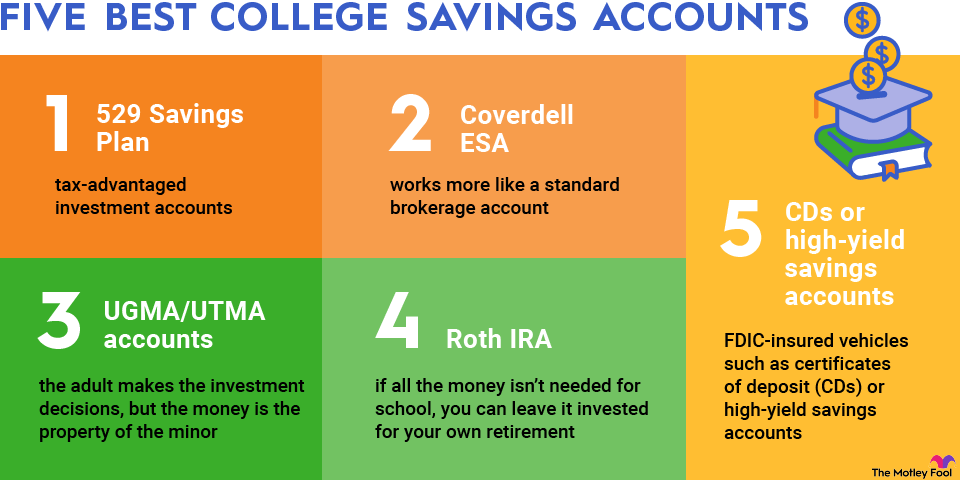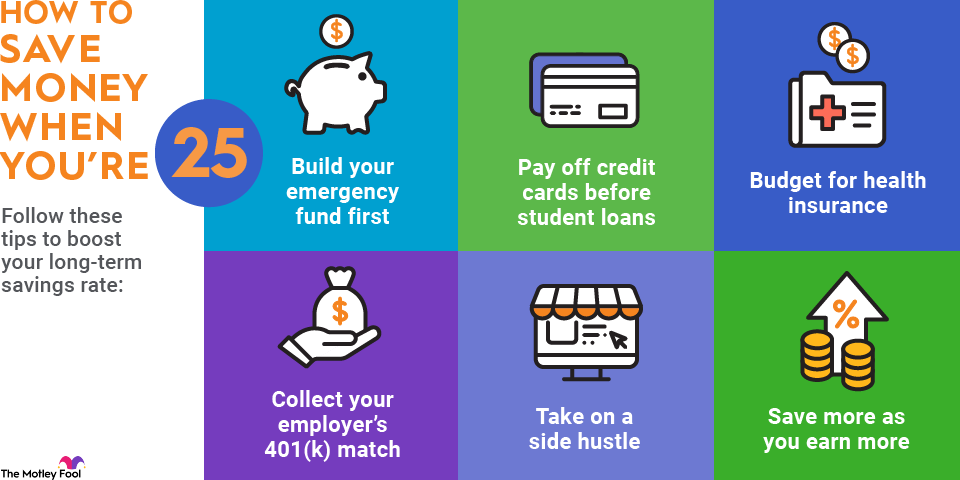If you don't have much extra money after paying your bills, don't focus too much yet on saving a high percentage of your income. Your real goal in your 20s should be to learn to live on less than you earn and save the rest.
How to save money at age 25
Even if you can only save 5% or 10% of your income, that's still a good start if you can commit to increasing that percentage as your income goes up. Follow these tips to boost your long-term savings rate:
Build your emergency fund first
Your first priority should be to establish an emergency fund. That's money that you keep in a savings account, not the stock market, so that you can quickly access it if you need it.
Eventually, you should have six months' worth of emergency savings. This may seem like an impossible task, but you don't need to get there right away. Even if you can build a $1,0.00 emergency fund, you'll be prepared for most of the unexpected expenses people face. For instance, you could put half of your extra money toward emergency savings and the other half toward investing or paying off debt.

